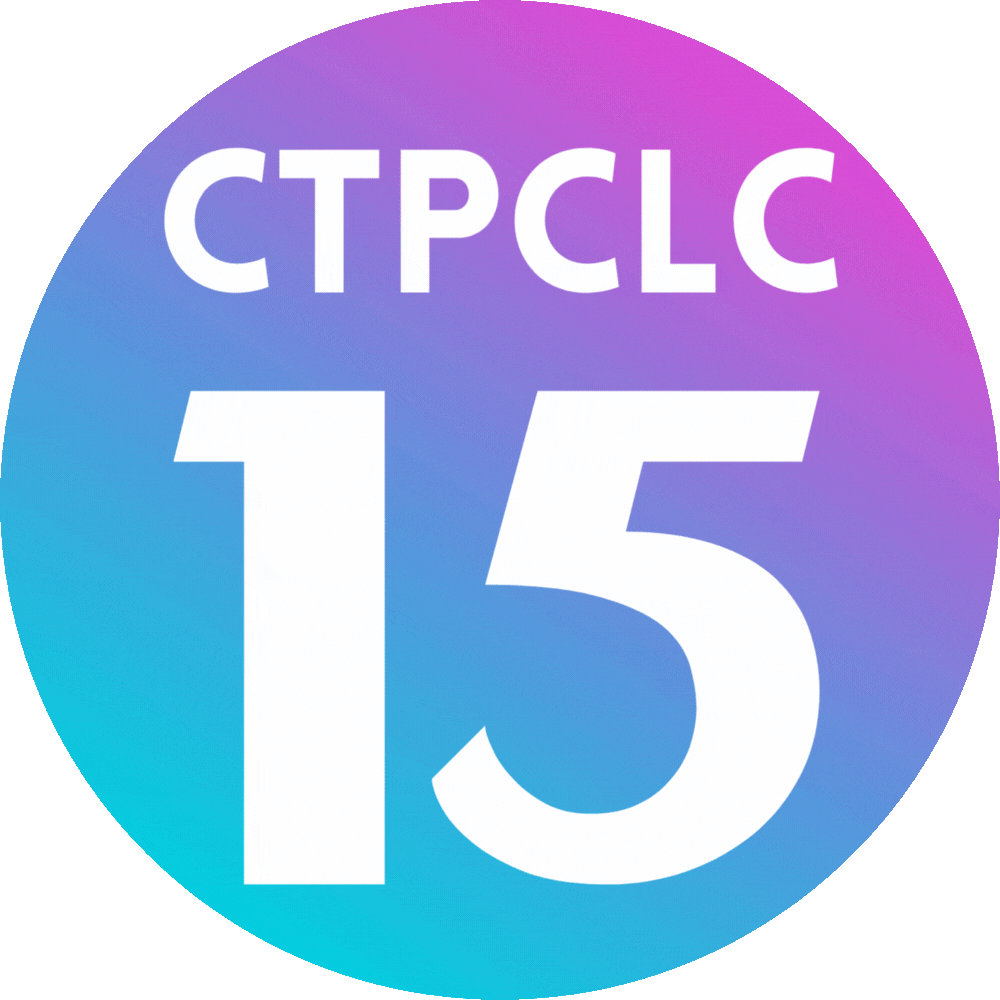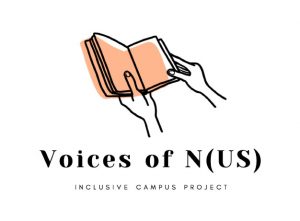Inclusive Campus Project
In the Inclusive Campus Project, we engaged students, student groups, and staff to share their narratives and reflections on our state of inclusivity and compiled them into a series of online publications, titled Voices of N(US). In the wordplay on ‘NUS’, we use the pronoun ‘us’ intentionally to highlight that inclusivity is a collective effort from us, for us. To that end, we selected three the
mes - mental health, disability and gender and sexuality - to be featured in one publication issue each. This was supported by the Diversity and Inclusion Grant administered by the Office of Student Affairs (OSA). We also worked closely with NUS Interfaith to conduct a dialogue session with our student contributors as the human library speakers.
Voices of N(US) publications are now available. You can find out more about what our contributors have graciously shared about inclusion in NUS at the following links: Mental Health and Disability.
What were the motivations behind this project?
At the end of our practicum with our partner, the NUS Care Unit (previously known as Victim Care Unit), we came to learn about the misunderstandings and prejudices that cisgender students have towards transgender individuals on campus. We also learned that while most of our research participants wanted to learn more about the lived experiences of transgender individuals, some were hesitant to have associations with them. We felt compelled to do more to promote inclusion, to open up conversations about the state of inclusion in NUS, and to rally others—regardless of whether they were students, faculty, or staff—to participate in this process.
What issues did you face as you were working on your project? How did you overcome them?
As our project involves many stakeholders, there were different expectations and interests to consider. Moreover, the process was made more complicated as we offered anonymity to our student contributors in order to protect their identities. Thus, it was crucial for us to ensure that we represented the voices of our contributors accurately when we were serving as the middlemen for different stakeholders.
Nevertheless, these were challenges that we expected. After all, one of the objectives of our project is to use the process of curating these publications to work towards a collective vision of inclusivity. While it wasn't easy, working through these challenges taught us how to be better communicators and facilitators.
Were you able to achieve your initial goals?
So far, we have received much positive feedback about the publication issues on mental health and special needs that we have we launched earlier. We have also just released our third publication issue on gender and sexuality at the start of June. Through these publications, we managed to elicit the vision of inclusivity that our key stakeholders had.
By asking the student groups and staff representatives to reflect on the perspectives of students with lived experiences of feeling excluded, our publication curation process became a process of working towards a collective vision of inclusivity. Additionally, we also featured the good work that student groups and staff in NUS have done to promote inclusion. Lastly, our stakeholders identified potential shortcomings in our current practices and behaviours that we can improve on. Therefore, the impact of our publications does not end when all our publications are launched. The true impact lies in the actions that readers continue to take in their own capacities to promote inclusion.
Team Members:
Goh Xin Hui | FASS, Social Work + USP '22
Koh Wee Ling | FOS, Life Sciences '20
Lo Khye Bin | FASS, Sociology '22



